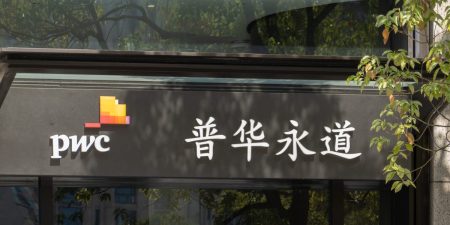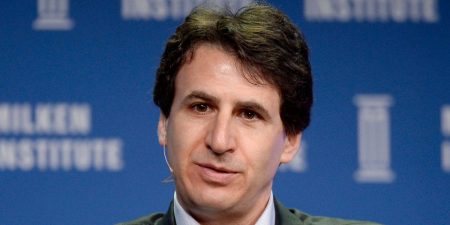The Rise of Hybrid Work: Citigroup’s Strategic Approach
In the ever-evolving landscape of post-pandemic work culture, Citigroup has carved out a unique position by championing hybrid work as a cornerstone of its employee value proposition. Under the leadership of CEO Jane Fraser, the bank has embraced a flexible work model, allowing most employees to work remotely two days a week while requiring three days of in-office presence. This approach stands in stark contrast to the stricter return-to-office (RTO) mandates enforced by competitors like JPMorgan and Goldman Sachs. By doubling down on hybrid work, Citigroup is positioning itself as a more accommodating and attractive employer in a competitive talent market. Fraser has framed hybrid work not just as a convenience but as a strategic recruitment tool, emphasizing its potential to draw top talent in an industry where traditional firms are clinging to pre-pandemic norms.
Wall Street’s Divide: Strict RTO vs. Flexible Hybrid Models
While Citigroup is committed to flexibility, other Wall Street titans are taking a hardline approach to bring employees back to the office full-time. Goldman Sachs, for instance, was among the first major banks to reintroduce a five-day-a-week in-office mandate, with CEO David Solomon famously referring to remote work as an "aberration" in 2021. JPMorgan has also joined the ranks of firms pushing for a full RTO, announcing in January that it would end hybrid work and require all employees to return to the office by March. The bank acknowledged that some employees might prefer hybrid schedules but argued that a full RTO is "the best way to run the company." This decision reflects a broader trend among traditional financial institutions that prioritize face-to-face collaboration and corporate culture over remote work.
Despite the strict RTO policies of its competitors, Citigroup remains steadfast in its commitment to hybrid work. Fraser has previously stated that working from home is a "privilege, not a right," suggesting that flexibility must be earned and is contingent on productivity. However, the bank has stopped short of implementing the rigid mandates seen at Goldman Sachs or JPMorgan. Instead, Citigroup struck a balance by designating certain roles, such as branch employees and most traders, to work on-site five days a week, while offering flexibility to other employees. This nuanced approach reflects Citigroup’s recognition that a one-size-fits-all policy may not suit all roles or industries.
Recruitment and Retention in a Competitive Market
Citigroup’s emphasis on hybrid work is not just about accommodating existing employees but also about attracting new talent. In a highly competitive job market, flexibility has become a key differentiator for employers. Fraser highlighted this during a quarterly call with executives, noting that Citigroup’s hybrid policy gives it an edge over competitors in recruiting top candidates. The bank’s approach resonates with many employees who value work-life balance and are reluctant to give up the flexibility they enjoyed during the pandemic. By contrast, the strict RTO policies of firms like JPMorgan and Goldman Sachs may alienate candidates who prioritize remote work options. As the war for talent intensifies, Citigroup’s hybrid model could prove to be a strategic advantage.
Investing in the Future of Work
While Citigroup is betting on hybrid work, it is also investing heavily in its physical office spaces to create environments that support collaboration and innovation. The bank is spending £1 billion ($1.2 billion) to renovate its London office, the Citi Tower in Canary Wharf, into a "workplace of the future." The revamped space, slated to open in 2026, is designed to reflect the evolving needs of employees and foster a sense of community. This investment underscores Citigroup’s belief that while remote work is here to stay, the office remains a vital hub for creativity, teamwork, and corporate culture. The bank’s strategy is to create spaces that employees want to come to, rather than have to come to, aligning with Fraser’s vision of the office as a place for collaboration and connection.
The Future of Work on Wall Street
The debate over hybrid work versus full RTO reflects broader shifts in the way financial institutions view work and productivity. Citigroup’s approach, while less rigid than that of its competitors, acknowledges that the pandemic has irrevocably changed the way people work. By offering flexibility, the bank is positioning itself as a modern and forward-thinking employer. Meanwhile, firms like JPMorgan and Goldman Sachs are doubling down on tradition, betting that a return to pre-pandemic norms will drive productivity and culture. As the financial industry continues to evolve, the success of these competing strategies will likely shape the future of work on Wall Street and beyond.












